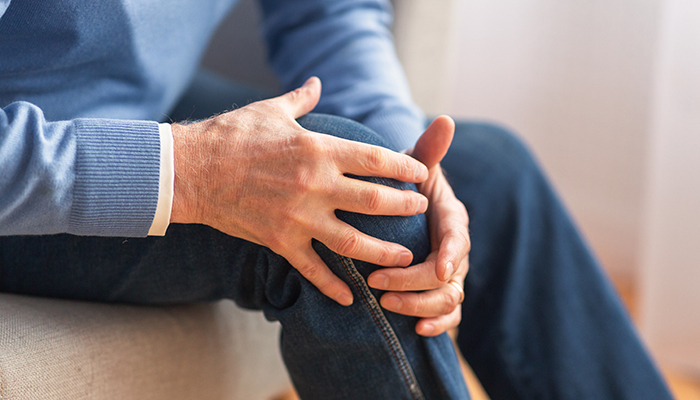Managing arthritis pain

- Weight loss. If the arthritis involves the hips or knees, a weight loss of even 10 pounds can make a significant difference.
- Low-impact exercise. Motion is lotion. Think in terms of fluid movements and low-impact activities such as tai chi, swimming, biking. Check for special arthritis exercise classes sponsored at senior centers.
- Hot and cold compresses. Moist heat helps relieve immediate pain. Cold can be used after exercise to reduce muscle pain.
- Topical creams. Ointments with capsaicin—an extract of chili peppers—have been shown to provide relief for some people. But the ointment must be applied four times a day.
- Assistive devices. A cane can take some of the burden off knees and hips. Other devices may help with tasks that involve grabbing and opening. Ask the doctor for a session with an occupational therapist.
- Omega-3 fats. These fats tend to reduce the inflammation of the joints. They are found in oily fish such as salmon and tuna, and in walnuts. They can also be taken as supplements.
- Over-the-counter pain relievers. Acetaminophen, ibuprofen, and naproxen are effective for short-term relief. Using them for longer than 10 days at a stretch is not advised.
- Supplements. Studies done on glucosamine and chondroitin reveal mixed results. These compounds can also change the effectiveness of other medications. Check with the doctor or pharmacist before trying them.
Is arthritis a limiting factor?
As the Metro DC experts in family caregiving, we see how this painful condition makes it difficult for many older adults to enjoy their lives. Sometimes even to manage daily life independently. While there is no cure, we at Debra Levy Eldercare Associates have seen how lifestyle modifications can reduce pain and increase your loved one’s ability to function on their own. Give us a call at 301-593-5285 to learn more.
